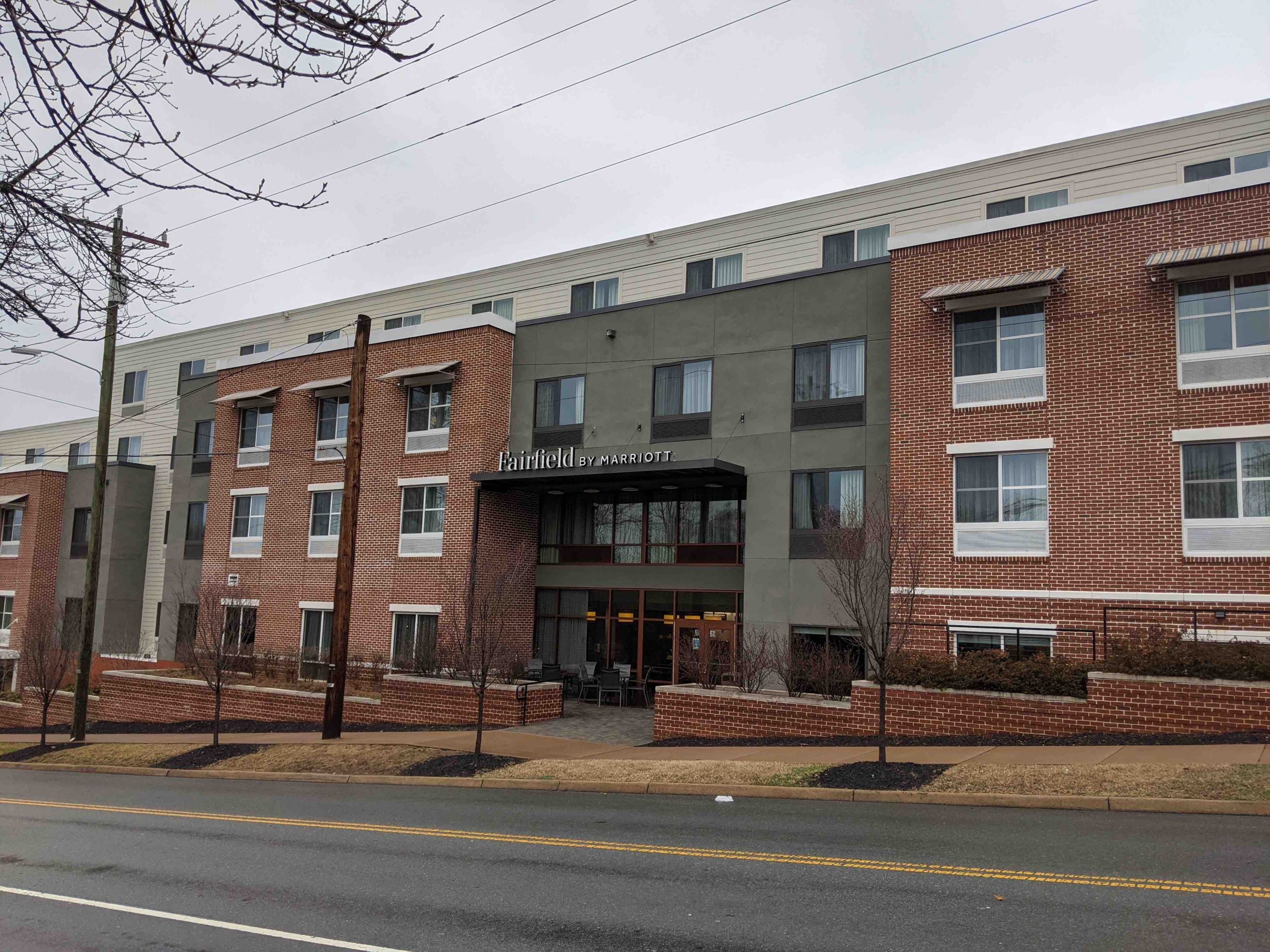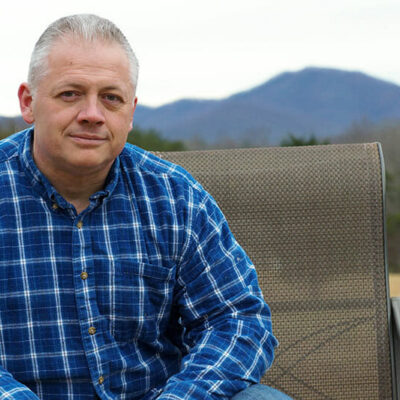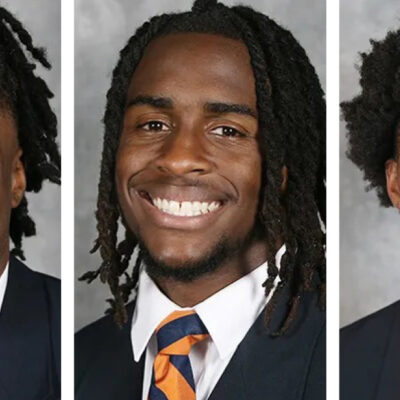More than 1,300 UVA students have contracted coronavirus this semester. Though cases have declined since last month’s controversial fraternity and sorority rush events, over 300 students currently have the virus.
Per the university’s coronavirus guidelines, students who live in school-run housing facilities and test positive for the virus are moved to on-campus isolation dorms for 10 days. And those who’ve been in close contact with someone with COVID-19 are put into quarantine housing: an assortment of local hotels. (Students who live off-Grounds are required to isolate or quarantine inside their residence. They may also go home if it’s safe to do so, as can on-Grounds students.)
From the moment they found out they’d been exposed to the virus, some students report receiving inconsistent communication from the university.
After one of her close contacts tested positive, first-year Zulma Escobar claims that she and four friends (who also had been exposed to the virus) all received different instructions when they contacted Student Health. Though Escobar was advised to get tested the following day, her friends were not tested at all before checking in to their quarantine hotel.
“Sometimes things were just poorly communicated, both to the people trying to help us and to us,” says Escobar.
While students in isolation have roommates, those in quarantine are in rooms by themselves and are not allowed to interact with others. However, these safety guidelines are not always enforced.
At his hotel, first-year Patrick Cloud says he heard students congregating in rooms and hallways, and even smelled marijuana at times. He called the front desk and the dean on call to report his concerns, but he says they both claimed there was nothing they could do about it.
For many students, the biggest downside to quarantine has been the food, which is delivered twice a day by a catering company. The meals often arrive cold, and microwaves can be hard to come by, report students. Those with restrictive diets or food allergies may not even be able to eat them.
Sometimes things were just poorly communicated both to the people trying to help us and to us.
Zulma Escobar, UVA first-year
First-year Alexa Williams says her suitemate, who cannot eat most carbs, contacted the university about her dietary restrictions and was told to order her own groceries.
“Not all students have access to those resources, so it’s a little concerning,” says Williams.
Another student says she lost 20 pounds during her hotel stay because the quality of the food left her eating just once a day.
“The lunches have been pretty sparse. [One day] all I got was a banana and 50 calorie salad,” says fourth-year Quintin, who asked that we not use his last name. “It’s been a couple times where I’ve had to call friends to ask them if they can drop off Taco Bell or something, just to avoid nasty delivery fees.”
“We work hard to accommodate student needs,” says UVA spokesman Brian Coy. “If issues arise, we ask that they contact the university so that we can address them as quickly as possible. We recognize isolation or quarantine are difficult for our students, and our team works hard to make it as comfortable as possible.”
To improve quarantine conditions, students ultimately hope the university will provide clearer and faster communication, and completely revamp its meal program to meet all dietary needs.
“I don’t know anyone who didn’t order food or groceries at least once,” says one first year after a quarantine stay. “It’s ridiculous.”






